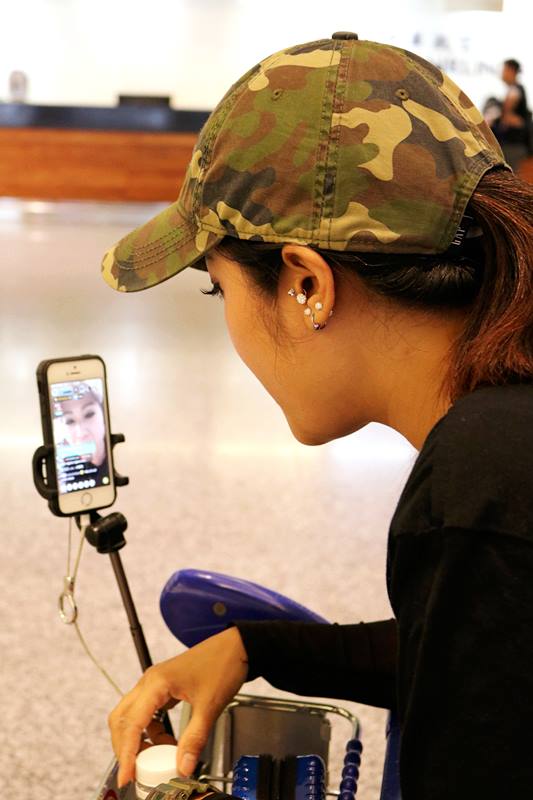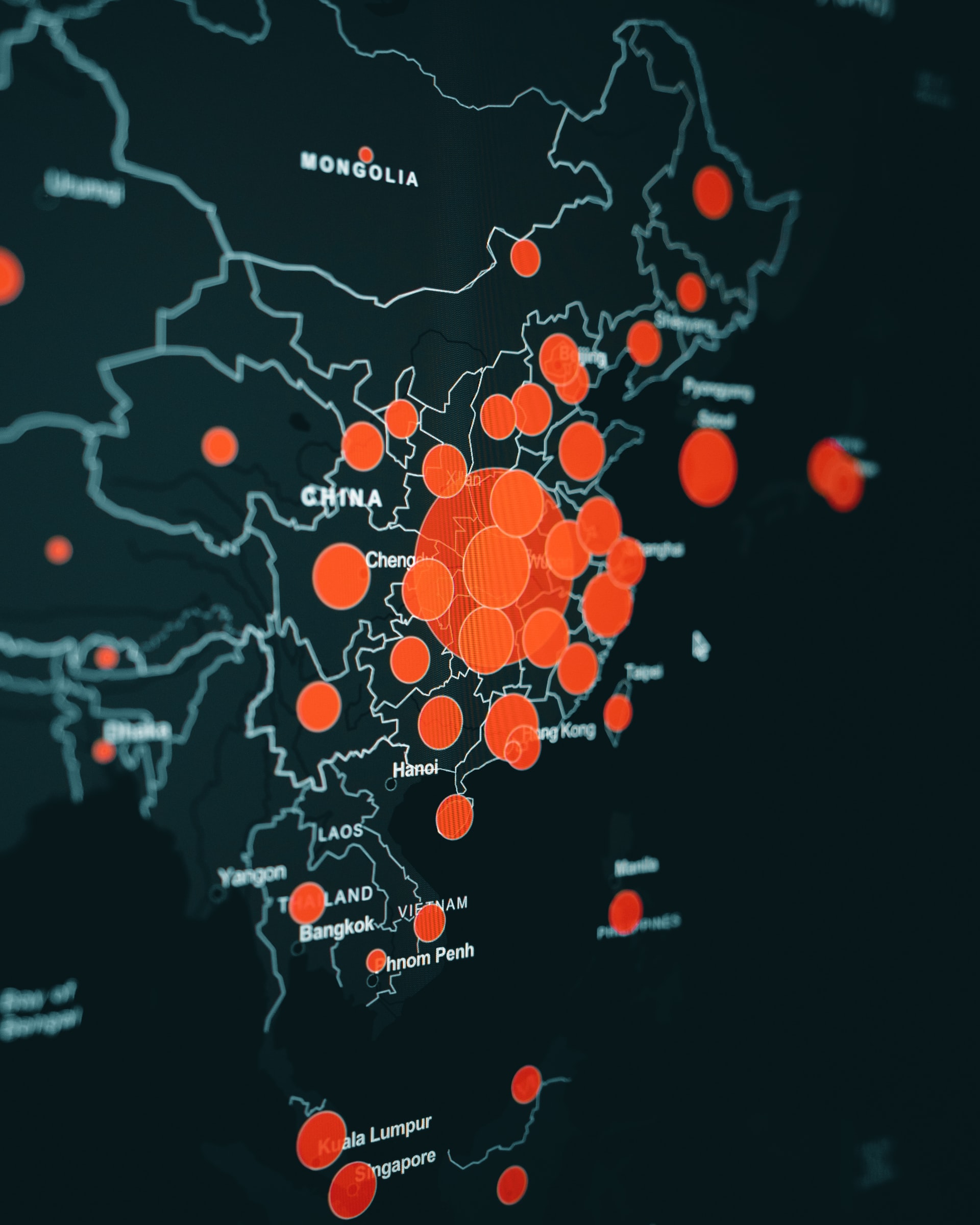It’s too early to see the scale of the coronavirus job losses, wage cuts, or even bankruptcies that might emerge across Southeast Asia’s tech industry, but it’s already clear that startups and other tech firms are being impacted in very different ways.
One of the biggest threats to Southeast Asia’s tech industry is a shortage of the fuel that drives startup growth: investor money.
The usual ways for entrepreneurs to engage with investors—events, networking, and face-to-face meetings—are no longer possible, so urgent workarounds are being thrown into play.
At Singapore’s Jungle Ventures, which has backed major web services such as iFlix, Pomelo, and Deskera, and which last year established a new US$240 million investment fund, co-founder and managing partner Amit Anand says disruption to its operations have been “minimal.”
He adds: “We do realise some start-ups might struggle to balance new working arrangements, such as working from home policies, together with pressure of ensuring business continuity; and that is one of the areas where we are helping and guiding them through their business continuity plans.”

Anand and his crew have been working on a range of things to help its portfolio CEOs and companies over the past few weeks, such as a virtual meeting dubbed Founders Assembly. “[It’s] an online fortnightly forum where Jungle founders come together to share and learn from each other, to understand the challenges their peers are facing and how they are responding to this crisis.”
The VC is keen to stay positive. “While Covid–19 brings with it uncertainties in 2020, we believe that tough times are great opportunities to focus and emerge stronger when the tide turns, which it eventually does.” Anand adds: “The fundamentals of our portfolio companies are solid, and we have always focussed on building sustainable and profitable companies, companies that are built to last.”
2019 saw fewer mega deals for well-established startups and unicorns across Southeast Asia, resulting in total funding dropping to US$7.7 billion from the previous year’s US$12 billion. The virus’ impact this year could see 2020’s tally drop further.
See: New Southeast Asia internet trends report shows where region is heading
No more handshakes
Earlier stage startup and smaller-scale investors are scrambling to adapt as well.
Koh Jiaway, associate director at Business Angel Network of Southeast Asia (BANSEA), is swapping its monthly events for virtual startup pitching sessions, where the founders of fledgling businesses can connect with “angel” investors. It’s also rolling out online BANSEA Academy workshops where those investors can learn more about making good bets.
With handshakes and swapping business cards now verboten, Koh admits it’s a challenge “figuring out which format of virtual engagement works best” for everyone. Initially the organization tested out email intros for founders seeking funds from investors, but then pivoted to online pitches.

It’s also testing out three online formats for the workshops for its network of investors—audio, video, and text—and then it’ll “observe the uptake and subsequently adopt over the next few months,” explains Koh.
Amidst all this, she says the startup deal flow is “still going strong."
As for mentorship, a valued part of the post-investment relationship, that will also shift online soon, with BANSEA prepping virtual mentorship programs.
Virus-driven adaptations could prove to have lasting value. “We are now able to reach out to more international angel investors as our plans are going to be conducted virtually, thus, anyone can tune into our programs anytime, anywhere.” Koh explains. “If the uptake of virtual content is high by the angel investors, we may continue with this approach in addition to running our events in the future—once it is safer to conduct events. In doing so, BANSEA is able to provide more value to our members.”
We’ll do it live
Over in startupland, improvisation is also a running theme.
Bigo Live, which rivals YouTube and Twitch, is seeing “burgeoning” traffic from around the world, says Mike Ong, vice president of Singapore-based Bigo Technology, as people stuck at home seek out online entertainment. Even before the pandemic, the live streaming app was growing, reaching 350 million users (active each month) by the end of the year.
With so many people sheltering at home, Bigo Live plans to try out a new thing by sharing “medical and educational content through live streaming—where healthcare professionals will conduct live Q&A sessions about Covid–19," Ong explains.

Bigo has two other social apps—Likee for TikTok-esque short videos, and Imo for video calls.
Data from app stores show that social, entertainment, and work-from-home apps—particularly Zoom—are on the rise in the past few weeks.
Stanley Chee, founder of Salescandy, is seeing a different side of the impact as the CEO of a startup that serves enterprises, rather than consumers. His startup depends on interacting directly with people—in terms of support for paid-up clients as well as luring prospective corporate users.
“We are affected mainly in terms of securing appointments, both face-to-face and online, and possible delay in prospects who are slow to act amid uncertainty,” says Chee.
Salescandy—which helps businesses reliant on salespeople, such as car dealerships or condo companies, to speed up their sales conversions—operates in Malaysia, Indonesia, and the Philippines.
“The slowdown in sales and marketing activities of our clients is both a threat and opportunity to us,” adds the CEO. Now that sales teams are scattered by ad-hoc work-from-home initiatives, there’s a chance for the startup to prove its service can keep salespeople accountable.
“A lot of sales managers lost sight of their sales team productivity when they are working remotely, and marketing managers are not sure whether to continue spending their ads budget,” explains Chee. “SalesCandy’s [lead management system] addresses these two key problems with our action-based tracking on a salesperson’s mobile phone and real-time tracking on the lead quality from marketing campaigns.”
The Malaysia-based outfit was planning on seeking funding at the end of this year, but it’s unclear if that is still possible amid the disruptions. However, Chee says, "We are revising our budget to extend our runway by another six months to weather through the pandemic.”
Another Malaysian startup, StoreHub, has set a good example of how to build things quickly during the pandemic. The retail software maker last week tweaked the services within its cloud-based store system to allow restaurants and cafes to offer food delivery or pickup—an essential resource with most people holed up at home. It did this by roping in a bunch of delivery partners and connecting them to its cash register software.
“The moment [Malaysia’s lockdown] was announced, we saw a steep 80% drop of revenue, with a large number of businesses doing $0 in sales,” CEO Fong Wai Hong explained in a blog post.
Deliveries are now helping the outlets stay afloat. “Some of the stores are already getting 100 orders a day coming through the platform. On average we’re seeing about 20 orders per active store. Many have told us they are grateful for this because they were otherwise getting zero orders,” Fong wrote.
The StoreHub team built the feature in 48 hours, starting one day after Malaysia’s government imposed the lockdown. In addition, startup built a site, FoodDelivery.com.my, so that people can find nearby stores that deliver.
Lots of gloom, a bit of doom
Technology firms on the whole are mostly pessimistic right now, with 81% of Asia’s tech industry professionals and founders saying they’ve been adversely affected by the pandemic, according to a survey of 140 figures by TechinAsia. Of those, 10.6% said the virus had “severely affected” their business.

Even before experts can get a sense of the long-term economic impact of the killer virus, we’re seeing a jobs apocalypse that might prove to be far worse than the 2008 Great Recession. It doesn’t help that 2019 was already a rough year for layoffs across the tech world.
Yet over at Bigo, which has 4,500 employees across 30 countries, there are “no plans” to reduce headcount, says Mike Ong. Indeed, the social media app maker is hiring.
The biggest upheaval over at Bigo has been shifting staffers toward remote working. “Our daily operations are continuing as per normal, as we had put in place a contingency plan as early as January,” Ong says. “We have introduced many precautionary measures such as working from home and cancelling physical meetings in Singapore and in Bigo offices around the world, depending on the severity of the situation in each country.”
Similarly, Stanley Chee’s Salescandy has not slashed any jobs, retaining its team of 33 full-timers plus three part-timers.
His team is now working entirely online across three cities in three nations: Kuala Lumpur, Jakarta, and Makati. Two of those are in countries under total lockdown.
“The headquarters team is very familiar and well trained with working remotely as we have been enforcing a two days per week work-from-home program since more than a year ago, with the foresight that we may be forced to work remotely under unforeseen circumstances,” he explains.
The CEO has set a provisional April 17 date for shifting back to office life.
But amid all the uncertainty, any plan, provision, or date feels like guesswork.

